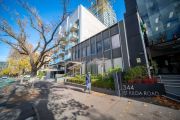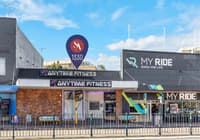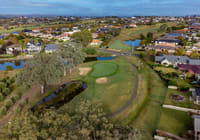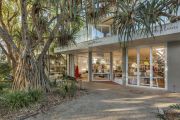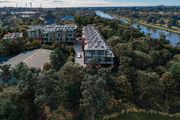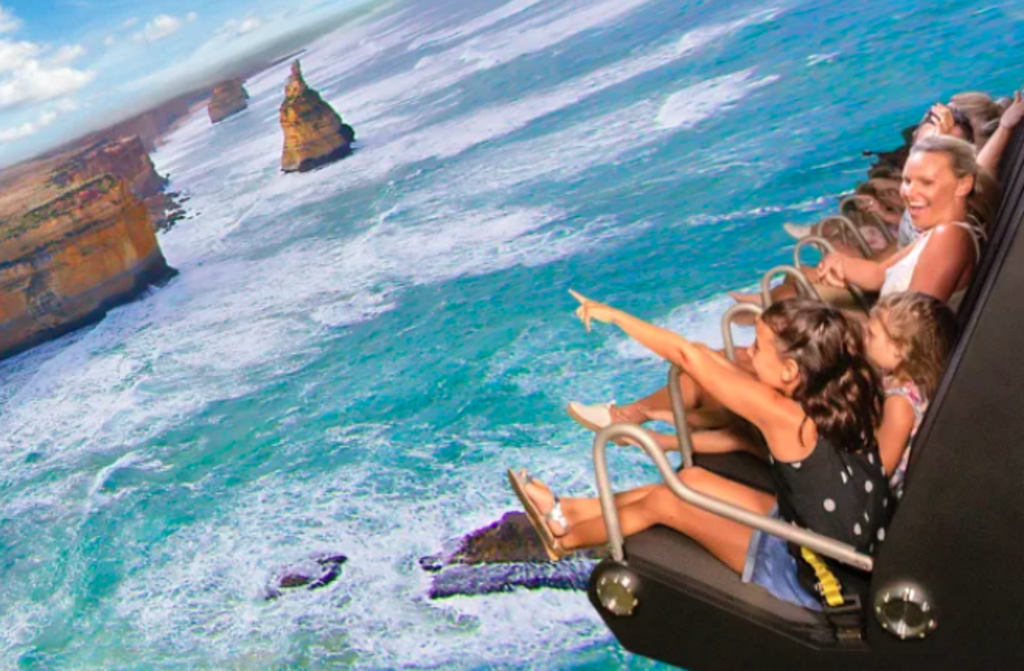
Dreamworld won't recover from pandemic until 2024
Dreamworld is likely to reopen in August, ahead of the September school holidays, but the troubled theme park will only return to its pre-COVID 2019 visitor numbers of 1.5 million by 2024, Citi analyst Sam Teeger said as he maintained his “Buy” recommendation for parent Ardent Leisure.
ASX-listed Ardent will also only see a return to pre-pandemic sale densities at its cash-generating Main Event Entertainment in the US of $US7 million per centre in the same year, as a result of weakened consumer and corporate spending and lingering concerns about going out, Mr Teeger said.
Even so, the 75 per cent slump in Ardent’s share price since its first-half earnings announcement in February made the company cheap for investors, as after accounting for the $100 million worth of assets in Ardent’s Theme Parks division, owners were paying only about $200 million for the much-larger Main Event, a price equivalent to just three times FY19 EBITDA earnings, he said.
“While the timing and magnitude of Main Event’s recovery prospects are uncertain, the multiple is a minus 17 per cent discount to peers despite Main Event’s significant rollout opportunity and turnaround prospects,” Mr Teeger said.
“Further, valuation upside exists from the Dreamworld master plan, which could involve partially rezoning the site.”
Mr Teeger cut his 12-month price target on Ardent shares by 68 per cent to 55c. The stock jumped 2.7c, or 8.2 per cent, on Tuesday, to 35.7c.
Entertainment provider Ardent, already struggling to recover from the fatal 2016 Dreamworld accident that killed four people, has been hit hard by the pandemic, with its only remaining two divisions (having sold off its gyms and marina businesses) closing in Australia and the US.
Ardent has access to debt funding in the US, but none in Australia, as its loss-making Theme Parks division gives it no means to service debt repayments. The longer Dreamworld stays closed, the more liquidity pressure it would face, Mr Teeger said.
To free up cash, the company could do a sale-and-leaseback of the 57-hectare site it owns in Coomera in south-east Queensland, which was worth an estimated $57 million, he said. It could also sell a stake in Main Event stake – a process it had started before the pandemic – or raise equity.
The pandemic would not necessarily delay the search for a partner for Main Event, as corporate interest had keep investors putting money into the US entertainment and casual dining sector during the crisis, he said.
The company is already looking for an exit for its shuttered businesses. It said it expected to reopen at least 23 of its 44 US Main Event centres this month.

